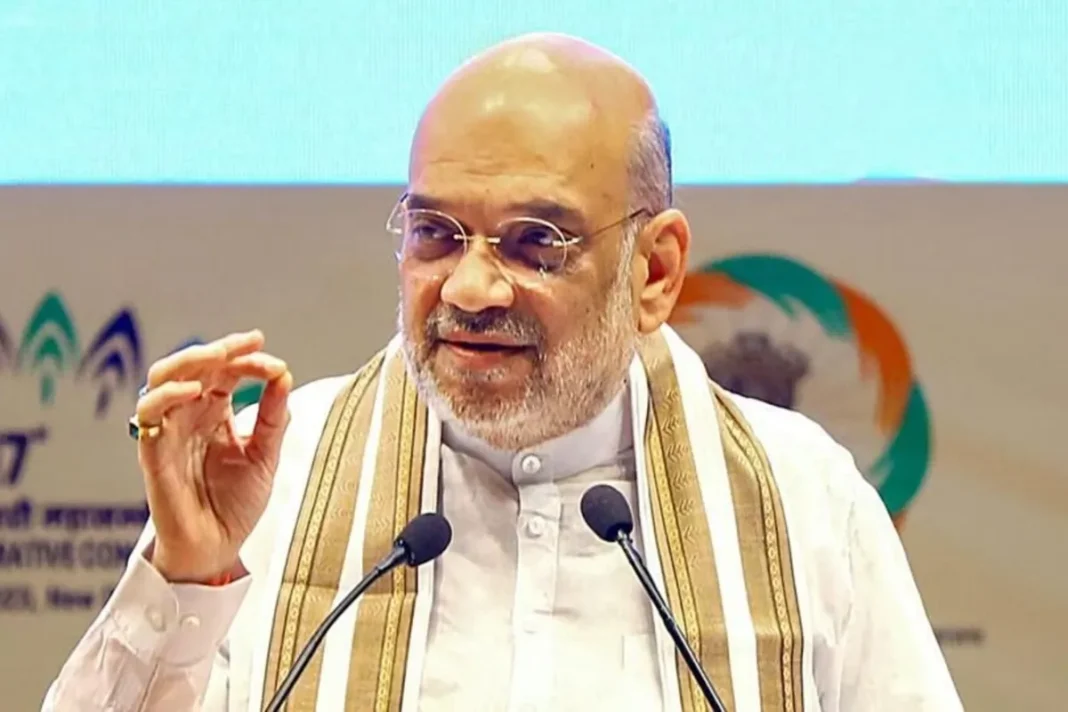The Citizenship Amendment Act (CAA) has been put into action nationwide before the upcoming Lok Sabha Elections in 2024, marking a significant development. This move arrives amidst much anticipation and speculation regarding the enactment of this contentious legislation.
DON'T MISS
What is the Citizenship Amendment Act (CAA)?
The CAA seeks to grant citizenship to individuals belonging to Hindu, Sikh, Jain, Buddhist, Christian, and Parsi communities who have faced religious persecution in Afghanistan, Bangladesh, and Pakistan. This amendment introduces religion as a criterion for acquiring citizenship, alongside the existing methods such as birth, descent, registration, naturalization, and territorial incorporation.
Who is Eligible for Citizenship under the CAA?
To be eligible for Indian citizenship under the CAA, individuals must belong to the specified religious communities and have migrated to India from the mentioned countries before a designated cutoff date. Additionally, they need to fulfill residency requirements, with the amendment relaxing the years of residency for the specified class of illegal migrants to five years.
Exclusions and Amendments
While the CAA extends citizenship benefits to specific communities, certain areas and regions are excluded from its provisions. Tribal areas and regions regulated by the Inner Line Permit are not covered under the CAA. Moreover, the act introduces amendments related to Overseas Citizens of India (OCI) cardholders, allowing cancellation of OCI registration under certain circumstances.
Controversies and Clarifications
The CAA has faced criticism for allegedly discriminating against Muslims and for its potential impact on the secular fabric of India. However, proponents argue that the act is a humanitarian gesture aimed at providing refuge to persecuted minorities. Union Home Minister Amit Shah has emphasized that the CAA does not infringe upon the rights of any Indian citizen and is in line with constitutional principles.



